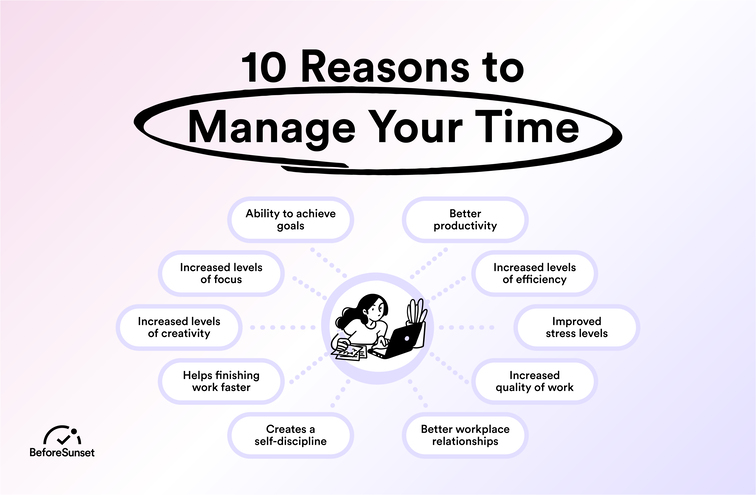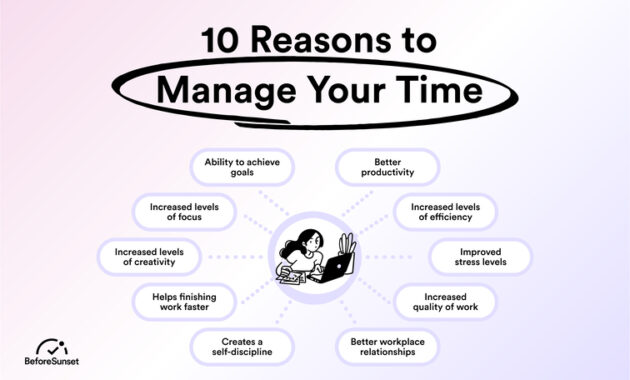Best Gold Investment Apps in the US Play Store sets the stage for investors looking to diversify their portfolios and explore the lucrative world of gold investments through innovative mobile applications. As the demand for precious metals continues to rise, these apps provide a user-friendly platform for tracking market trends, purchasing gold, and managing investments seamlessly. With the right tools at your fingertips, navigating the gold investment landscape has never been easier or more accessible.
This overview examines the top applications available on the US Play Store that facilitate gold investment, highlighting their features, usability, and the advantages they offer to both novice and experienced investors. Each app is evaluated on its ability to provide secure transactions, real-time market updates, and educational resources, ensuring that users can make informed decisions in their investment journeys.

In recent years, the rise of technology has significantly transformed many facets of our daily lives, particularly in how we communicate, work, and access information. This transformation has been driven by advancements in various fields, such as artificial intelligence, mobile communications, and data analytics. The impact of these advancements is profound, as they not only enhance efficiency but also reshape societal norms and individual behaviors.One of the most notable changes is in communication.
The advent of smartphones and social media platforms has revolutionized the way people interact. According to a report by Pew Research Center, as of 2021, approximately 85% of Americans own a smartphone, and 72% use social media to connect with others. This digital shift allows for instantaneous communication, breaking geographical barriers and enabling global connections. However, it also raises concerns regarding privacy, misinformation, and the quality of interpersonal interactions.
The ease of sharing information can lead to the rapid spread of false narratives, causing societal rifts and challenges in discerning credible sources.Similarly, the workplace has undergone significant transformations due to technology. The COVID-19 pandemic accelerated the shift towards remote work, with tools such as Zoom, Microsoft Teams, and Slack becoming integral to daily operations. A study by Gartner indicates that 47% of companies plan to allow employees to work remotely full-time moving forward.
This change offers flexibility and can lead to increased productivity; however, it also presents challenges in team cohesion, employee engagement, and the blurring of work-life boundaries. The hybrid work model, which combines in-office and remote work, is emerging as a potential solution, aiming to balance the benefits of both arrangements.Moreover, the impact of data analytics cannot be overlooked. Organizations increasingly rely on data-driven decision-making to enhance their strategic initiatives.
Predictive analytics, for instance, enables businesses to foresee market trends, consumer behavior, and operational efficiency. The use of Big Data has proven essential in various sectors, ranging from healthcare to finance. In healthcare, data analytics assists in predictive modeling to improve patient outcomes and streamline operations. However, ethical considerations regarding data privacy and security continue to be pivotal, necessitating robust frameworks to protect sensitive information.The educational sector is also experiencing a transformational wave driven by technology.
Online learning platforms, such as Coursera and edX, have democratized access to education, allowing individuals worldwide to pursue new skills and knowledge. The shift towards blended learning—combining traditional face-to-face instruction with online components—has gained traction, particularly in higher education. A report by the Online Learning Consortium indicates that over 6 million students in the U.S. were enrolled in at least one online course in 2019, showcasing the growing acceptance of digital learning formats.
However, disparities in access to technology and the internet create challenges in achieving equitable education for all.Environmental sustainability is another domain where technology plays a critical role. Innovations in renewable energy sources, like solar and wind power, are helping to combat climate change. The International Energy Agency (IEA) reported that renewable energy sources accounted for 29% of global electricity generation in 2020, a significant increase from previous years.
Additionally, advancements in electric vehicles (EVs) and battery technology are transforming the transportation sector, aimed at reducing carbon footprints and promoting sustainable practices. Nevertheless, the transition to renewable energy faces hurdles, including scalability, infrastructure needs, and political will.As we delve deeper into the technological landscape, the concept of digital ethics emerges as a vital consideration. The rapid advancement of artificial intelligence (AI) and machine learning raises questions about accountability, algorithmic bias, and job displacement.
As AI systems become more integrated into decision-making processes, maintaining transparency and fairness becomes paramount. A study by McKinsey highlights that up to 800 million global workers could be displaced by automation by 2030, emphasizing the need for proactive strategies to address workforce transitions and retraining initiatives.Furthermore, the cultural implications of technology cannot be ignored. The integration of technology into everyday life has influenced social norms, shaping how individuals perceive relationships, identity, and community.
Social media platforms, while fostering connections, can also contribute to issues like cyberbullying, mental health challenges, and the pressure of online personas. The phenomenon of “FOMO” (fear of missing out) is particularly prevalent among younger demographics, as they navigate the complexities of social interactions in a digital-first world.However, technology also provides tools for social change and activism. Movements such as #MeToo and Black Lives Matter gained momentum through social media, illustrating the power of digital platforms in mobilizing communities and raising awareness about pressing issues.
This highlights technology’s dual role as both a facilitator of positive societal change and a potential source of division.In conclusion, the intersection of technology and societal transformation is multifaceted, impacting communication, work, education, environment, ethics, and culture. While technology presents numerous opportunities for enhancing efficiency and connection, it also poses significant challenges regarding privacy, equity, and ethical considerations. As society continues to navigate this evolving landscape, it is imperative to foster a balanced approach that embraces innovation while addressing the associated risks.
Collaboration among stakeholders—governments, businesses, educational institutions, and the public—is essential to shape a future where technology serves as a force for good, promoting inclusivity, sustainability, and social progress.











